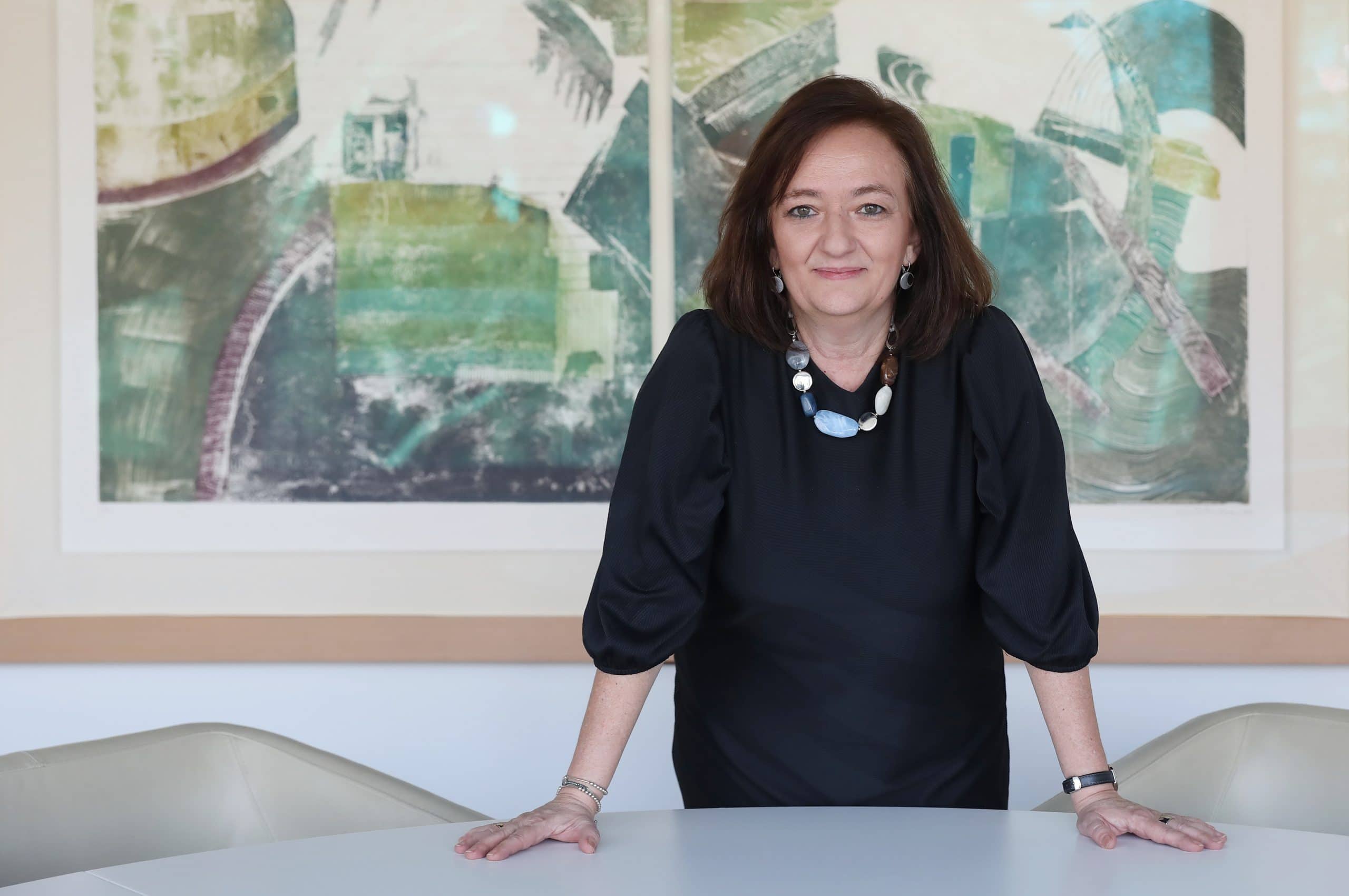On Friday, October 1st, the President of the Independent Authority for Fiscal Responsibility (AIReF), Cristina Herrero, participated in the International Conference of Councils on Economic Policy, organised by the German Council of Economic Experts (Sachverständigenrat Wirtschaft) and the French Council of Economic Analysis (Conseil D’Analyse Économique, CAE). This new edition focused on the recovery from the crisis triggered by the pandemic as well as digitisation and productivity growth.
In her speech, AIReF’s President explained the situation and outlook for the Spanish economy, as well as the main risks in the future. She stated that, unlike other European countries, the recovery in Spain in the first half of 2021 has been slow, despite the gradual relaxation of restrictions and the success of the vaccination campaign. This recovery has mainly been driven by private consumption. Cristina Herrero highlighted how the re-opening of a major part of the economy is allowing a strong improvement in the services sector, which is reflected in the very positive evolution of employment, helped by the job-retention schemes (ERTE in Spain).
In this context, the President believes that a recovery in growth is possible in the coming quarters, although she pointed out three possible sources of risks.
Firstly, there is an incomplete recovery at a domestic level. There are still companies and households affected by the crisis that remain in quite a weak financial position. In addition, she explained that any growth projection depends on the materialisation of the stimulus from the EU’s Next Generation (NGEU) Funds. She therefore considers it essential to start implementing the investment projects and structural reforms associated with these funds.
Secondly, Cristina Herrero also highlighted the risk that exists in the current supply-side bottlenecks, which may last longer than expected. She believes that this is becoming a key factor for the outlook for 2022. The President of AIReF presented the data indicating that, since the end of 2020, companies have faced growing disruptions in their production processes, leading to an imbalance between supply and demand that can be seen in the unprecedented increase in supply and delivery times. It can be argued, she added, that the causes of these bottlenecks are mostly temporary, but, in contrast, there are also some signs that they may be more persistent than previously expected. The reason is that companies face increasing difficulties in keeping up with demand due to disruptions in global value chains, transport disruptions and labour shortages.
Lastly, the President of AIReF pointed to the outlook for inflation and the persistence or otherwise of the recent increases as another major risk. On the one hand, they are mainly expected to be temporary as they are related to base effects – such as low oil prices last year – and tensions resulting from the aforementioned supply disruptions.
However, further persistence cannot be ruled out, given developments in the energy sector and signs of rising inflation expectations in the coming years.
Cristina Herrero spoke on the panel “Covid recovery: supply-side challenges and inflation”, moderated by Volker Wieland, of the German Council of Economic Experts, together with Jared Bernstein, of the US Council of Economic Advisers (CEA) and Xavier Ragot, of the French Council of Economic Analysis (CAE).
A second panel, “Digitalisation and Productivity Growth: Opportunities and Challenges”, featured Leon Bettendorf, from the Netherlands Bureau for Economic Policy Analysis (CPB), Sanghoon Ahn, from the National Economic Advisory Council of South Korea (NEAC) and Monika Schnitzer, from the German Council of Economic Experts (GCEE).






